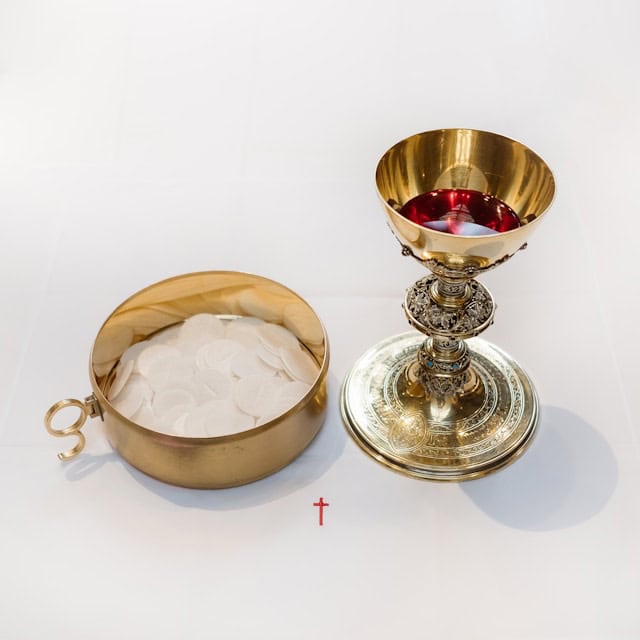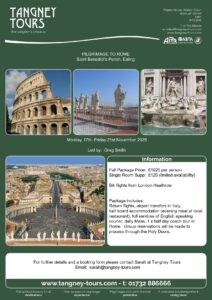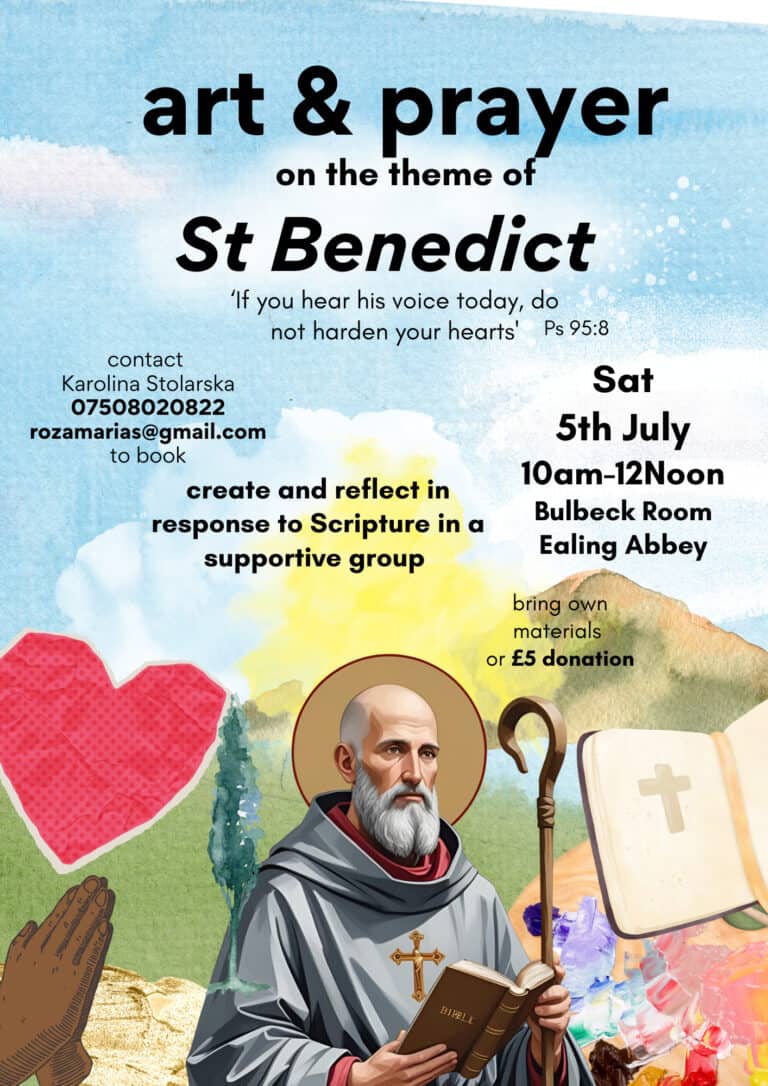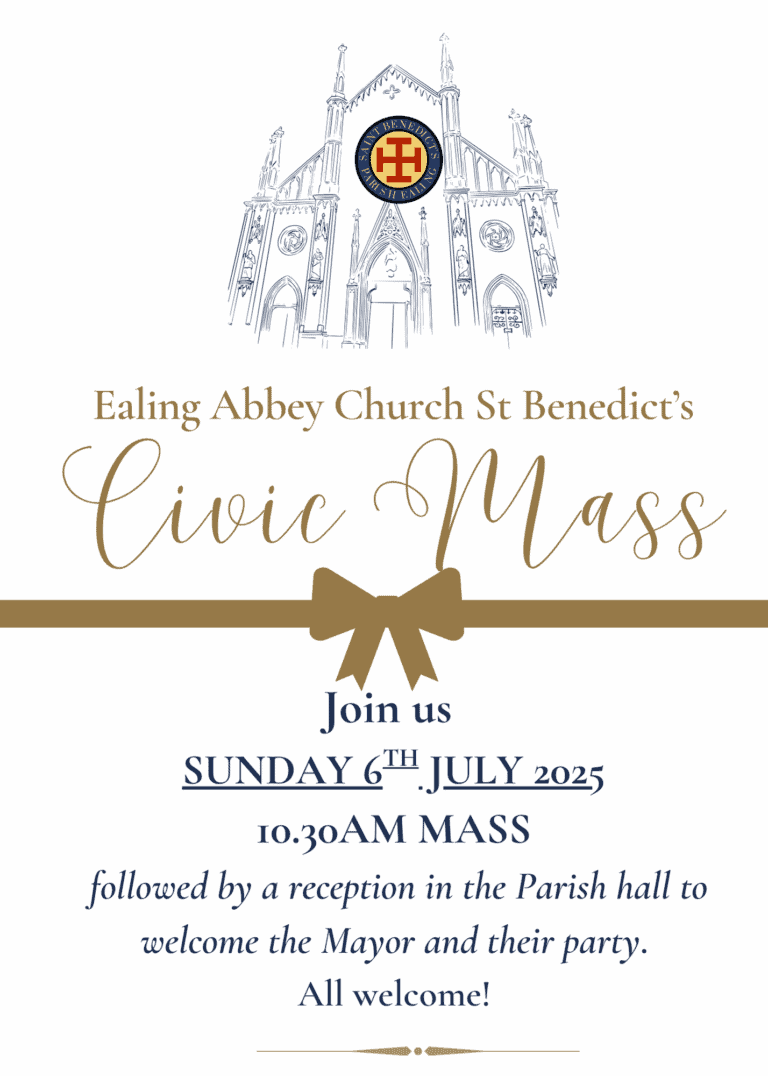Dear Parishioner,
Those among us who have parented children know only too well the importance attached to the ritual of giving a name to a son or daughter. It is usually done after much thought on the part of the parents, and rightly so. The prophet Isaiah knew only too well how important names are to people, which is why he tries to comfort a despondent Israel by telling them that “you will be called by a new name…..no longer ‘Forsaken’ or ‘Abandoned’ but ‘My delight’, and your land shall be ‘Married.’”
And we learn that the wedding is very definitely on as we listen to the gospel describing the first of Jesus’ signs at the marriage feast in Cana. At this particular wedding, a symbol of the relationship between the divine and the human, the mother of Jesus is present as is Jesus himself, no doubt both as invited guests. Mary is a mediator for the human-divine relationship and speaks on behalf of the human side. She is as one writer describes her ‘humanity aware of its lack, conscious that it cannot live to the fullest without continual communion with God.’ So she speaks to Jesus , the God-side as it were of this human-divine relationship, the haunting and poignant words of all human deficiency: “They have no wine.” In other words, humans have lost their union with God and, by implication, their communion with one another.
The story-teller here calls drama of Cana a “sign”. And like all signs they work on two levels: there is the surface or literal sense that is known by the senses, and the spiritual level into which we are invited to participate. We often stay rooted in the literal sense and are conscious of what we can see, touch, taste, hear and smell and only occasionally do we move on from that. Significantly there is hardly any emphasis on the miraculous aspects of the story, where water turns to wine, it is very much downplayed and only casually mentioned when the steward tastes the water that had now become wine, and not just any old wine but 120 gallons of premier cru! So the steward compliments the bridegroom for keeping the best wine till last. But he is complimenting the wrong bridegroom because Jesus is the one who has supplied wine in abundance, and in doing so has revealed his glory. Jesus’ ultimate generosity of course is seen most clearly when he gives his life as a sign of his love. In the Eucharist we share in his body and blood and we are united to him, and to each other, in a most precious way. The words of the prophet Isaiah again ring loud and clear: “Fear not, for I have redeemed you, I have called you by your name: You are Mine.
Deacon Alex





